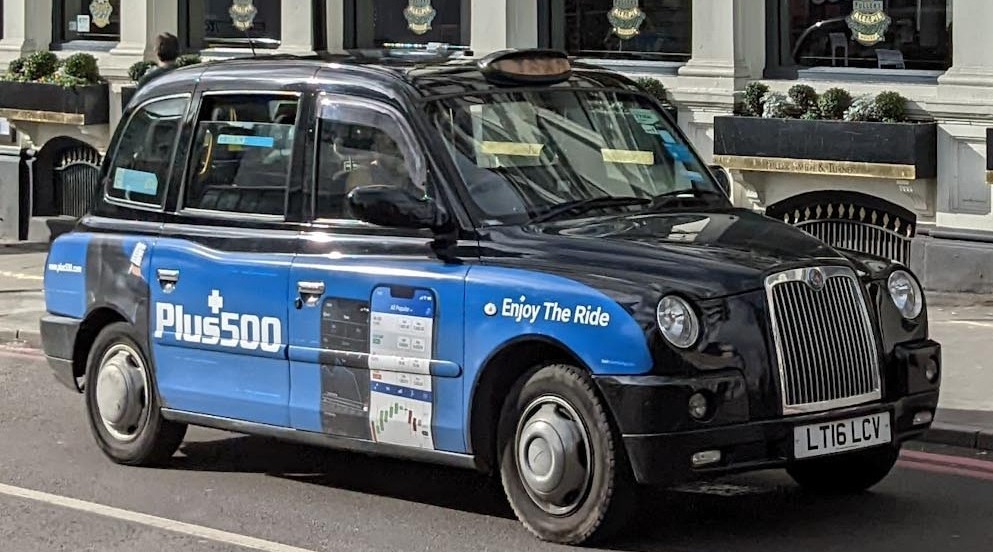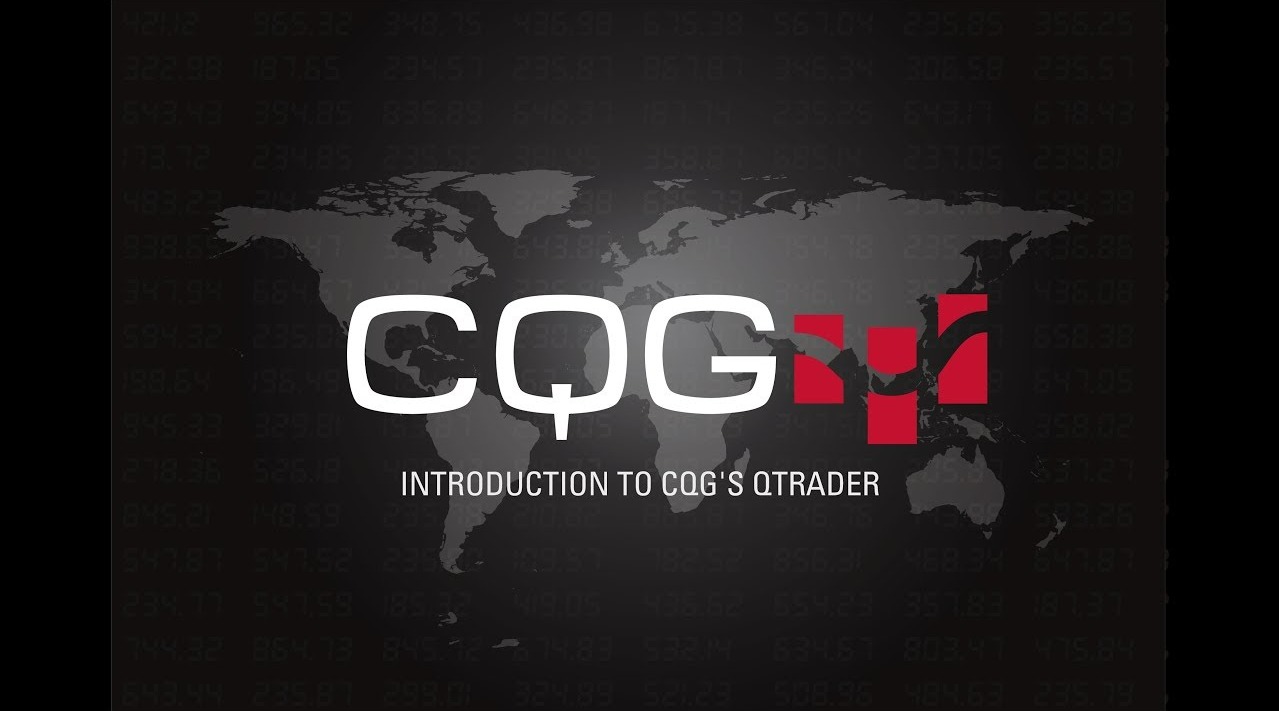Ziglu, a crypto-friendly challenger bank, has received an electronic money institution (EMI) license from the United Kingdom’s Financial Conduct Authority (FCA) and launched a peer-to-peer Payments platform for both fiat and crypto, a week later.
Officially announced on Monday, the London-based bank received the license on September 1 after applying for it in May 2019. And now with the launch of peer-to-peer services, Ziglu users can send and receive instant payments in both digital currencies and British pound.
Ziglu was founded and now led by Mark Hipperson, the co-founder and chief technology officer of Starling Bank, a well-known challenger bank operating in the UK and Europe.
Finance Magnates reported on when it launched its services last June. The platform now allows trading with Bitcoin , Bitcoin Cash, Litecoin, and Ethereum, and has plans to list XRP later this month. The peer-to-peer services will support all these digital currencies, along with the pound sterling.
Notably, the platform will charge 1.25 percent as commission on trades.
Furthermore, the platform raised £5.25 million (around $6.94 million) in seed funding that was closed in June. It is now looking to raise more seed money via crowdfunding.
Fully Compliant with the Regulator
Hipperson stressed the difficulty in obtaining such a license from the UK regulator and revealed that FCA’s crypto team also reviewed the licensing application as the challenger bank has direct offerings in crypto as well.
The bank made its services compliant with the fifth anti-money laundering directive (AMLD5) rules, ensuring strict KYC for every customer.
Additionally, the crypto deposits on Ziglu are insured up to £50,000 (around $66,000).
Moreover, Hipperson revealed that Ziglu is aiming to bring a hundred million customers over the next six or seven years and will expand its product range to achieve this.
The platform is set to launch a Mastercard debit card in the upcoming weeks that will allow its users to spend in both fiat and crypto. Hipperson is also considering services like loans, overdrafts, and interest-earning accounts, but the EMI license only allows the companies to offer limited services as it is not equivalent to a full banking license.


















